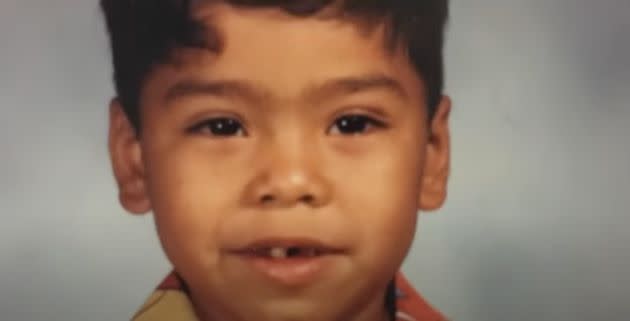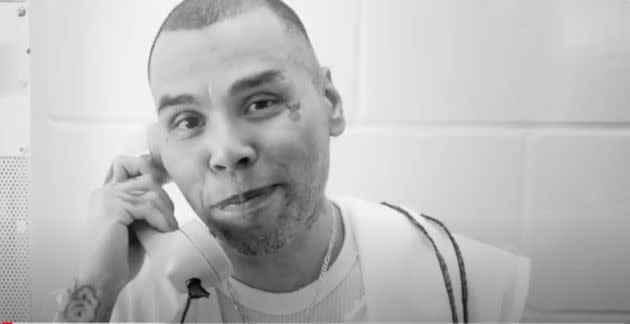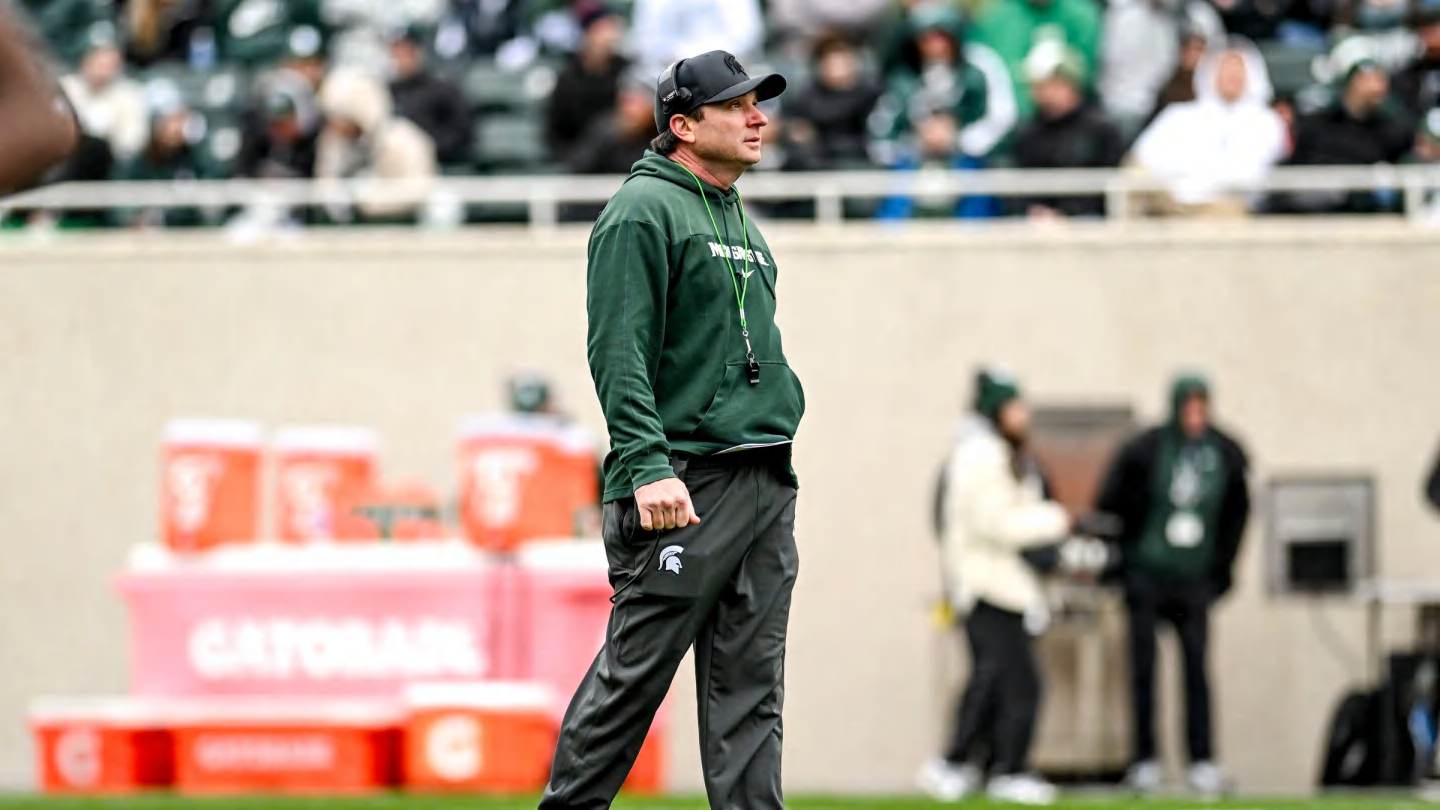Texas plans to execute Ramiro Gonzales despite retraction by doctor who put him on death row

In 2006, Ramiro Gonzales was sentenced to death in Texas for kidnapping, raping and killing Bridget Townsend when both were 18 years old.
There was evidence to suggest that Gonzales was not one of the “worst” criminals, who are normally sentenced to death. Like many other death row inmates, he suffered horrific abuse and neglect as a child. As a teenager, he tried to cope with his condition by using drugs and alcohol. He killed Townsend, his drug dealer’s girlfriend, while trying to steal drugs. After being arrested for sexually abusing another woman, Gonzales confessed to the murder. Two months before the murder, he had turned 18, just old enough to be legally sentenced to death.
In Texas, jurors in death penalty cases are instructed to predict whether the defendant is likely to commit violent acts in the future. A psychiatrist, Dr. Edward Gripon, was instrumental in convincing the jury that Gonzales enjoyed sexual assault, was unlikely to stop, and was a poor candidate for rehabilitation. Fifteen years later, Gripon visited Gonzales on death row and reassessed him. This led Gripon to revise his opinion, citing an earlier, disproven statistic and witness testimony that has since been recanted. In his second evaluation, Gripon wrote, “In my opinion, there is a reasonable psychiatric probability that he (Gonzales) poses no threat to society.”
It was the only time Gripon ever released a report changing his mind in a death penalty case, the psychiatrist told The Marshall Project in 2022. Despite Gripon’s dramatic turnaround, Texas plans to execute 41-year-old Gonzales by lethal injection on Wednesday.
Gonzales has expressed deep remorse for his crime. “I know my apology cannot even begin to bring you peace of mind and healing, but I feel I should still tell you how sorry I am for all the pain and anguish you have endured because of my actions,” he wrote in a 2022 apology letter to the Townsend family, excerpted in a clemency petition filed by Gonzales’ lawyers earlier this month. “I am sorry, deeply sorry, for taking from you what was so precious to you, and I know there is nothing I can do or say to make it right.”
Gonzales was born in 1982 to a 17-year-old girl who struggled with drug and alcohol addiction, the clemency petition states. His mother drank and used drugs throughout her pregnancy and once intentionally overdosed in an unsuccessful attempt to terminate the pregnancy. After he was born, his mother gave him to her parents. He did not meet his father until he was 19, when they were both incarcerated in the county jail.
The rejection by Gonzales’ mother was “pervasive,” according to the clemency petition, which notes that she later married and had two more children, whom she raised, although she never acknowledged Gonzales as her son. His grandparents worked long days and left him unsupervised. Gonzales was repeatedly sexually abused starting at age six, including by a cousin, the petition says.
Bandera, the city where Gonzales grew up, is “hell on earth,” a cousin identified only as Jessica said in a video submitted in support of Gonzales’ clemency request.
“There was a lot of sexual abuse in the family,” Jessica said. “It’s not really talked about to this day. And it wasn’t talked about, it was never stopped, because that abuse was passed on to the next generation, to Ramiro and me.”


The first time Gonzales experienced care and affection from a family member was in elementary school, when his uncle married a woman named Loretta. She “hugged him, praised him, and showed him the love and affection he craved,” the clemency petition states. When Gonzales was 15, Loretta was killed in a car crash involving a drunk driver. Devastated, Gonzales turned to cocaine and methamphetamine to self-medicate. He dropped out of school and began stealing and forging checks to pay for drugs.
Shortly after his 18th birthday, Gonzales attempted to rob his dealer’s house. Townsend was in the house and when she tried to call her boyfriend, she was attacked and killed by Gonzales.
Gripon testified in court that recidivism rates among sex offenders were as high as 80%, a statistic often used at the time to justify extreme punishments. Years later, when a legal scholar tried to determine the source of the 80% claim, he found it was based on an unproven claim in a 1986 Psychology Today article. More recent peer-reviewed studies have found that recidivism rates are less than 20% after 25 years, and that rate is “substantially lower” for younger offenders like Gonzales, Gripon noted in his second evaluation.
In court, Gripon also relied on written statements signed by Gonzales’ cellmate, Frederick Ozuna, in which he described Gonzales as having confessed to returning to the crime scene three or four times to have “sex with the corpse,” and that he “would do it again” and that he “liked it.”
In court, Ozuna attempted to invoke his right to remain silent and recant his statements. But the prosecutor persisted until Ozuna agreed to answer a series of leading questions about the statements in the affirmative. Ozuna later recanted his statements in full in a sworn statement, describing how a police officer had threatened him with harsher punishment if he did not help frame Gonzales. “Ramiro never said these things to me,” Ozuna wrote in the statement, referring to allegations that he attacked the victim’s body.
After Gonzales’ conviction, he was assigned an attorney named Terry McDonald to represent him in the state’s habeas corpus proceedings, an opportunity to present evidence in court on constitutional issues. McDonald never met with Gonzales, requested funds for experts, interviewed family members and other witnesses, or conducted evaluations of Gonzales, according to Gonzales’ current attorneys. Eventually, McDonald filed a nine-page habeas corpus petition (such documents are often hundreds of pages long), which was dismissed by the court as “frivolous.”
Gonzales was originally scheduled to be executed in 2022. Weeks before the scheduled execution, Gripon submitted his reevaluation report to Gonzales’ appeals attorneys. In it, he admitted to having relied on disproven information at trial and concluded that Gonzales posed no future danger. Two days before the execution, the Texas Court of Criminal Appeals granted a stay and instructed the court to review Gonzales’ claim that his death sentence was the result of false expert testimony.
Without holding a hearing or considering further evidence, the court signed off verbatim on the state’s “findings of fact and conclusions of law” recommending denying Gonzales legal aid. (This is common practice: A 2018 report in the Houston Law Review found that judges fully adopted prosecutors’ findings in 96% of the 191 cases the authors reviewed in Harris County, Texas.) The Court of Criminal Appeals followed the court’s recommendation, and Gonzales was given a new execution date.


While awaiting trial, Gonzales became a devout Christian.
“He said, ‘I can’t change the past, but I hope I can prove myself in the future,'” said Clinton Young, who was on Texas’ death row with Gonzales before Young’s conviction was overturned because it was unexpectedly revealed that the prosecutor in his case was also on the judge’s payroll. “He kept his promises.”
In 2021, Gonzales attempted to donate a kidney, but the Texas Department of Criminal Justice blocked his attempt, saying the donation’s “uncertain timing” could affect his execution. “How can I give back life? This is probably the closest thing I’ve ever had,” Gonzales told The Marshall Project in 2022.
Gonzales earned a bachelor’s degree from a Bible college and wrote sermons for the prison’s radio station. When the prison introduced “religious pods” in 2021, Gonzales became one of the program’s first peer coordinators. In an interview recorded for his clemency video, Gonzales described his work as a chaplain to other people on “death watch” who were also awaiting an execution date.
“The first thing we do to take care of them is make sure they have clothes and food,” Gonzales said. “And then God comes next, in the sense that it says, ‘Hey man, I just want you to know that I’m a Christian. I have a date. If you have any doubts or are having emotional issues right now because you’re on death watch, we can talk about it. Whether you have a date or not doesn’t matter. You still have a life to live.'”
Gonzales did not only help Christians, said cantor Michael Zoosman, co-founder of the group “L’chaim! Jews against the death penalty.”
“I remember Jedidiah Murphy, who was executed last year, talking about how Ramiro gave him spiritual support,” Zoosman said in the clemency video. “Even if he (Gonzales) never sees the light of day as a free man, he can bring that inner light to others in the darkest corners of our society just by being there and sharing his faith with them.”
Gonzales ends all his letters with the words “faith,” “hope,” and “love,” an allusion to the 13th chapter of 1 Corinthians, which ends with the words: “Now faith, hope, love remain, these three. But the greatest of these is love.”
“I’m on death row,” Gonzales said in the pardon video. “But I still have faith, I still have hope, and I can still love everyone around me.”


